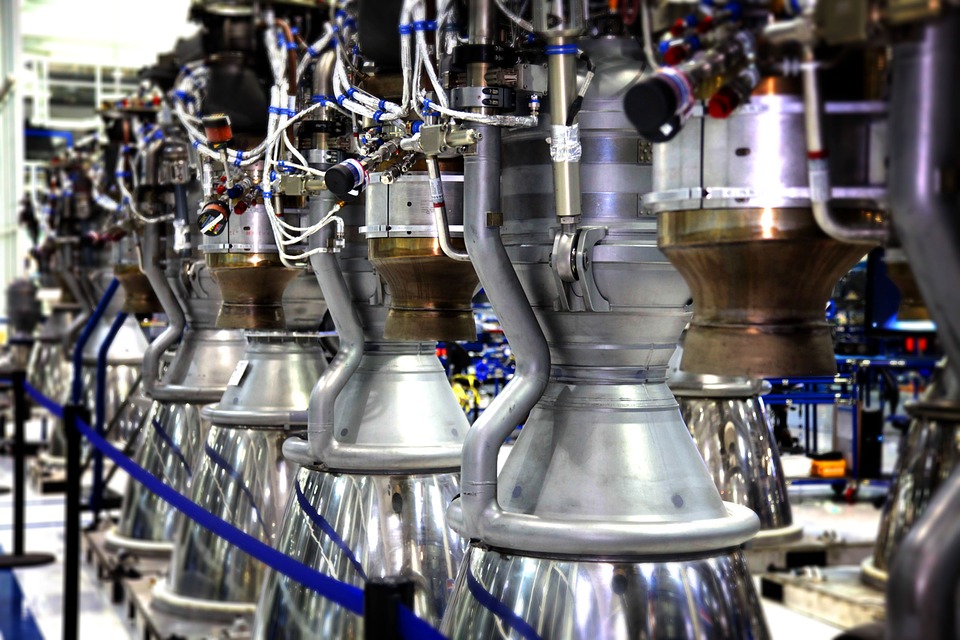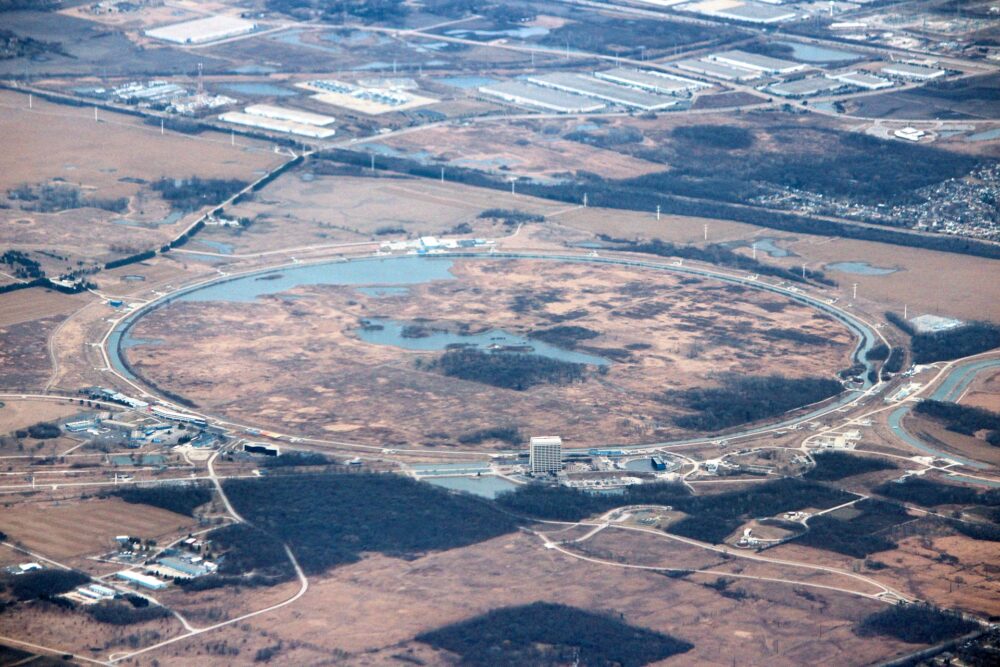A new space race is underway, and it’s explosive
The past ten years have seen an explosion of small-lift rocket companies. Ranging from 30 to 100 feet tall, these liquid-propellant rockets aim to launch up to two tons of payload — equivalent to the weight of a large car — into orbit. Instead of focusing on humans and large space telescopes, they’re launching smaller […]
A new space race is underway, and it’s explosive Read More »







